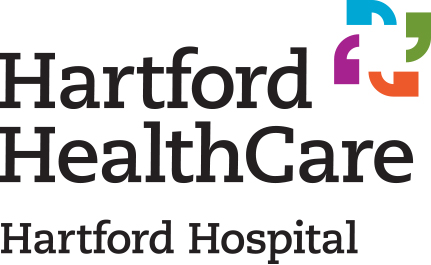
Our Beneficiary
Health equity implies that everyone should have a fair opportunity to obtain their full health potential.

But when systematic inequities arise and affect the health status of groups of people, the human, social, and economic costs are significant. There is no shortage of evidence that social factors—including education, employment status, income level, gender, and ethnicity—greatly influence how healthy a person is. Indeed, a person’s zip code can be just as important as their genetic code when it comes to living a long healthy life.
In Connecticut, inequities contribute to some disturbing health disparities:
- Greater Hartford’s average life expectancy of 79.9 years masks a dramatic difference within the region. Life expectancy in one part of Northeast Hartford is just 68.9 years, more than 19 years lower than that of the neighborhood with the highest life expectancy—Avon at 88.1 years.
- While only 3 percent of white adults are uninsured, 10 percent of Black adults, 11 percent of Latino adults, and 9 percent of adults with incomes under $30,000 lack health insurance. Almost a quarter of the region’s adults reported postponing potentially necessary medical care, citing numerous barriers.
- Black mothers face a four times higher likelihood than white mothers of their child dying before their first birthday.
- A Hispanic teen with asthma is 4½ times more likely than an asthmatic white teen to end up in the emergency department.
Society also pays an economic cost in the form of higher health care spending, lost productivity from illness, and the costs stemming from premature death. A 2018 Connecticut study linked health disparities to an estimated $384 million in excess hospital costs for black residents and $121 million for Hispanic residents.
The roots of health inequity are deep and complex.
Hartford Hospital and Hartford HealthCare are addressing Connecticut’s statistics by helping patients improve management of chronic diseases and establishing outreach and education services.
- As COVID-19 spread through the region, we mobilized testing sites, bringing the critical service to the elderly and those who live in environments that may accelerate the rate of transmission.
- Hartford Hospital’s Take the Time mobile mammography program has been a vital resource for the community since 2005. Thousands of women throughout Greater Hartford have benefited from life-saving mammography screenings in convenient community locations including clinics, churches, senior centers, places of employment and other locations where the women will feel comfortable.
Among the most impactful efforts Hartford HealthCare has undertaken is addressing the need for regular access to healthy food.
Food insecurity is associated with some of the most serious and costly health problems in the country. In Greater Hartford, 1 in 7 adults lacks reliable access to affordable, nutritious food, which puts them at an increased risk for a variety of adverse health outcomes, including heart disease, hypertension, and Type 2 diabetes. These diseases have consistently ranked among the most common causes of hospitalization and emergency room visits.
Hartford Hospital Food Farmacy & Wholesome Communities Connecticut
The Hartford Hospital Food Farmacy and Wholesome Communities Connecticut are two proactive approaches to our mission of improving the health and healing of the people and communities we serve. We are partnering with Wholesome Wave, a national nonprofit organization, to improve the affordability of fruits and vegetables for 500 low-income diabetic patients. Through the Wholesome Communities Connecticut initiative, healthcare providers can write prescriptions for produce. The Wholesome Wave team works with Hartford Hospital’s Adult Primary Care and Diabetes Life Care clinicians. Hartford Hospital funds the produce purchases and all program expenses. Additionally, we will open our Food Farmacy in 2021. Through our partnership with the regional food bank Foodshare, Hartford Hospital patients can get specific healthy food items prescribed by their doctors. Both programs aim to save lives by promoting healthy eating to reduce the risk of entrenched chronic diseases like diabetes and heart disease.
With your help, we can rewrite Connecticut’s health equity story.
Your gift in support of Better than Normal will directly benefit these critically important projects to address food insecurity in Hartford. With
